Home > Catalog of Types of Conflict
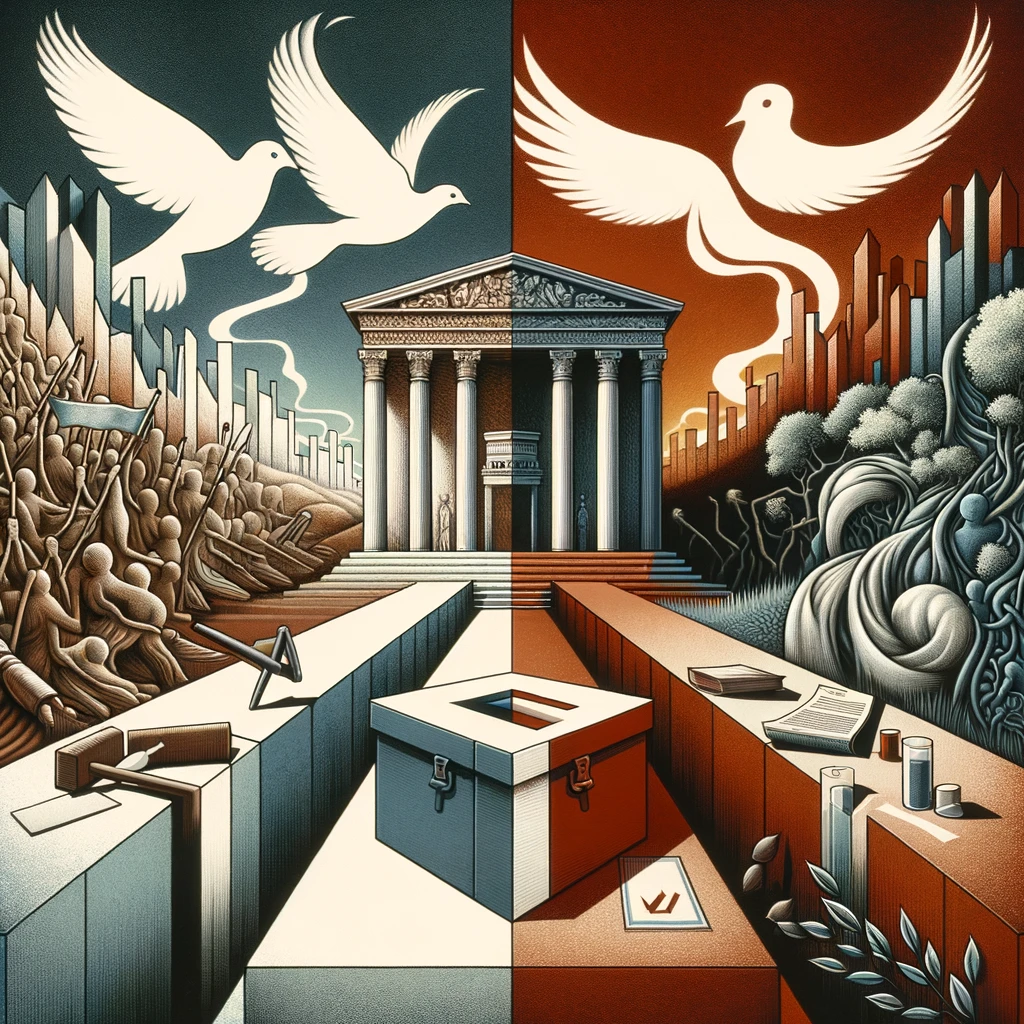

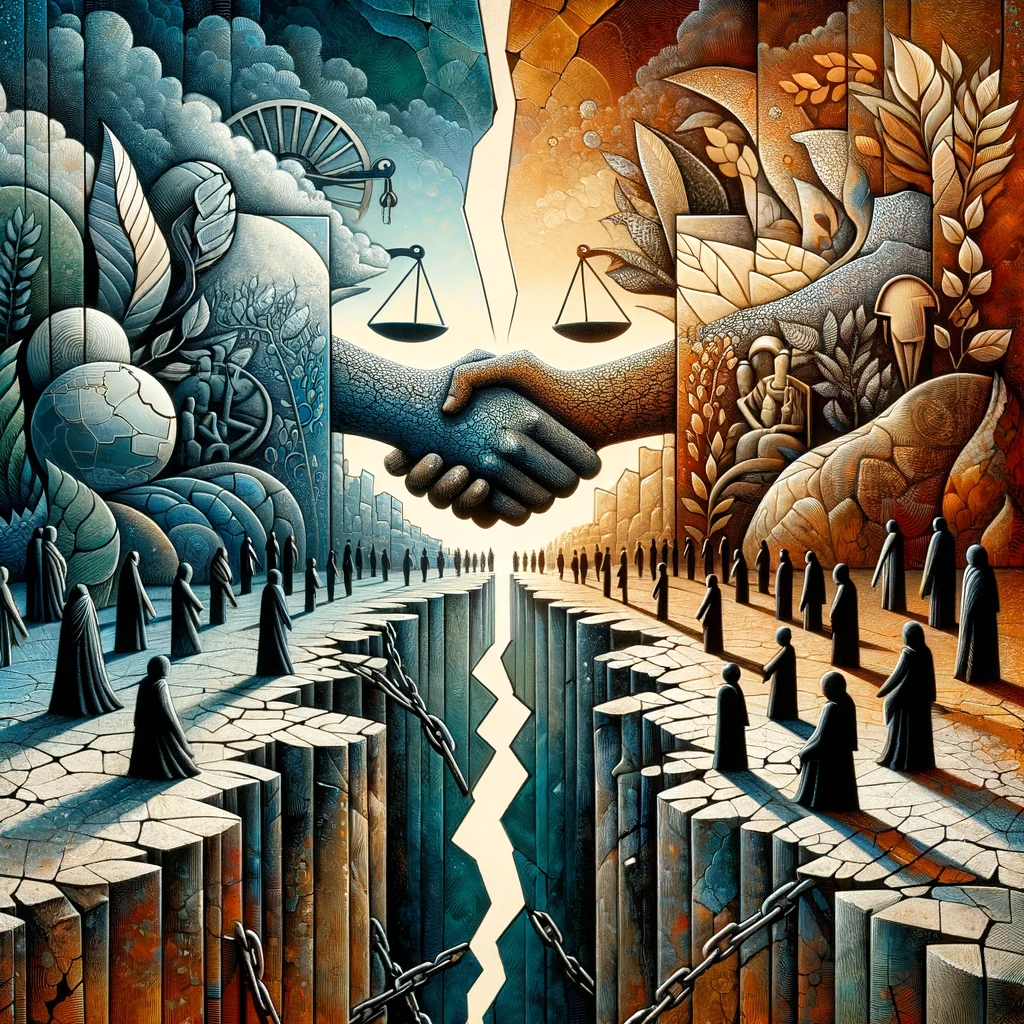
Ethnic conflicts are driven by tensions between different ethnic groups
within a society. They can arise from issues such as discrimination, historical grievances,
or competition for resources. Ethnic conflicts may involve violence or political struggles.
Eg: Tigray conflict in Ethiopia, which started in late 2020, involves ethnic tensions and
violence in the Tigray region, leading to displacement and human rights abuses.
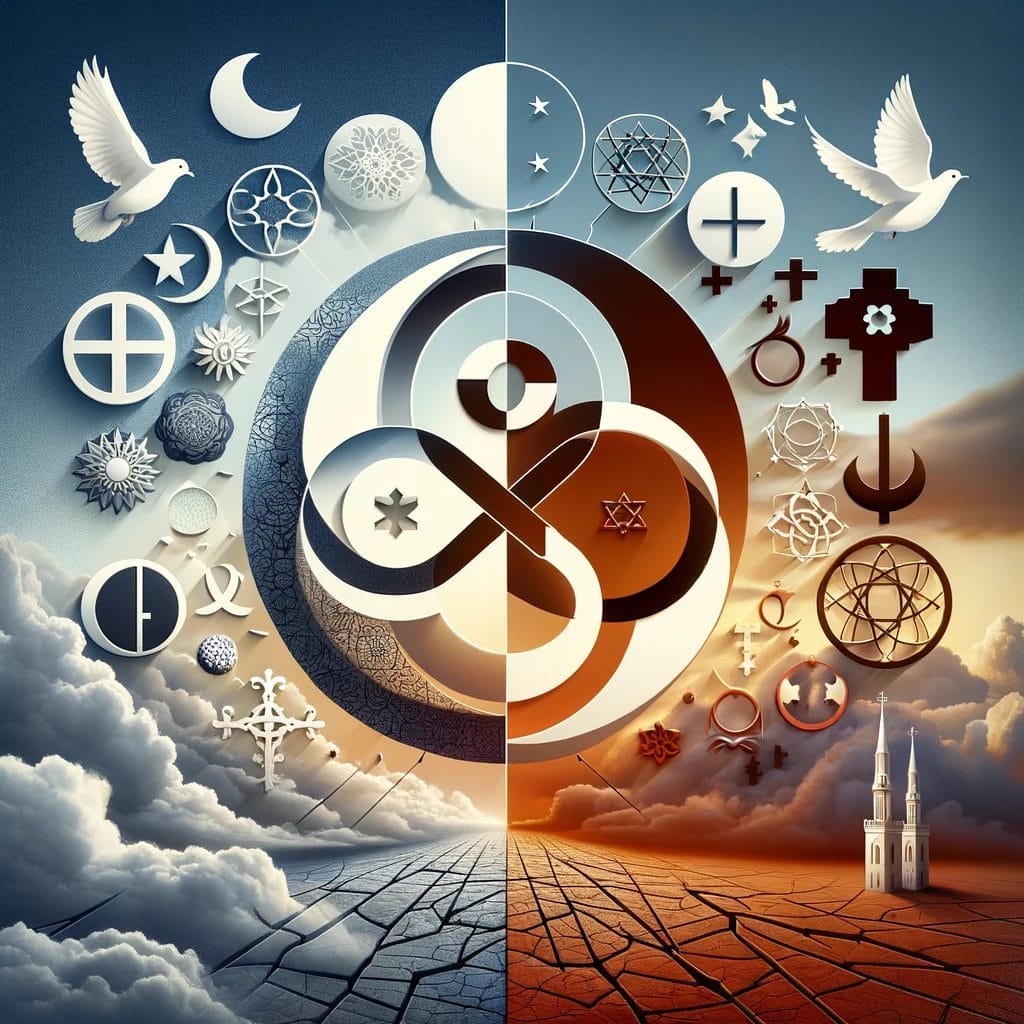
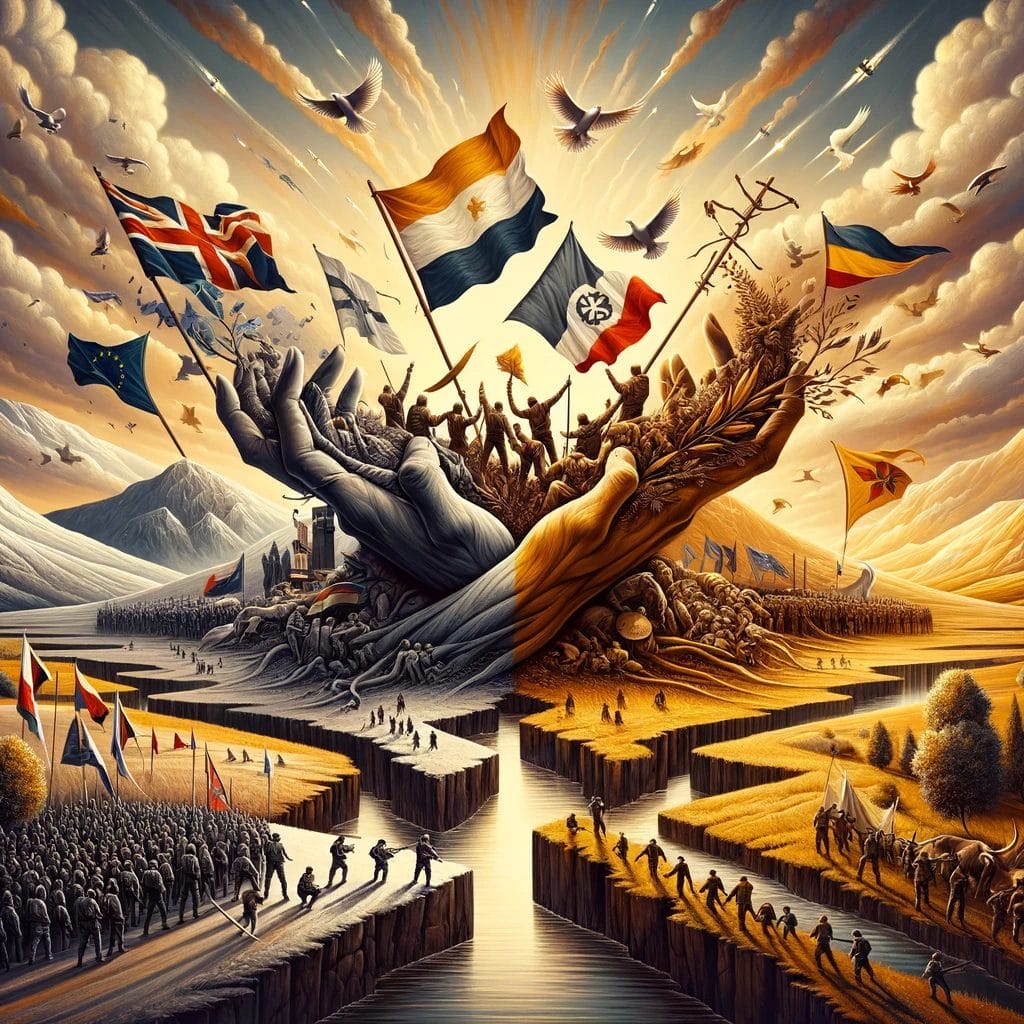
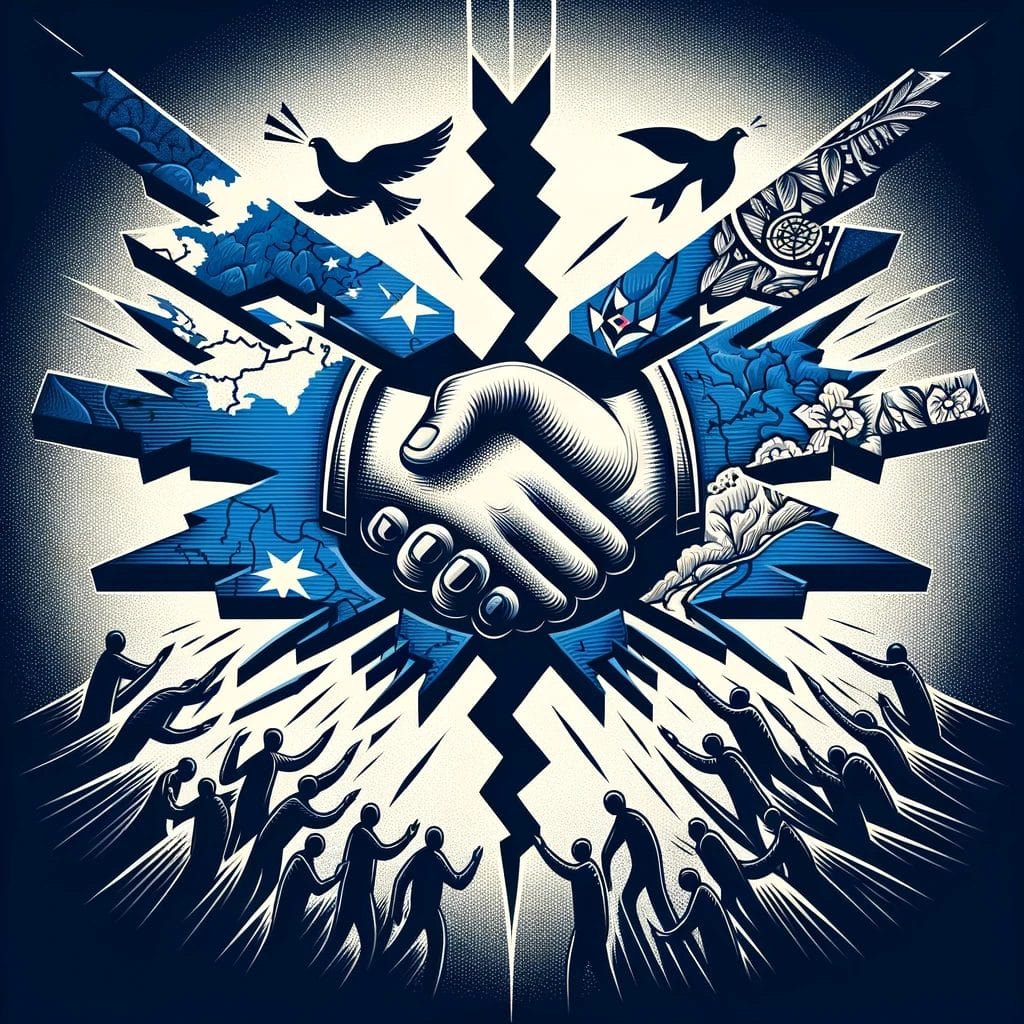
Territorial conflicts occur when two or more parties dispute
control over a specific piece of land or territory. These disputes can be between neighboring countries or within a country. Eg: Russia and Ukraine, South China Sea.
Boundary Disputes: These conflicts involve disagreements over territorial boundaries, such as disputes between neighboring property owners or nations. Eg: border dispute between India and China in the Ladakh region, which escalated in 2020
Border Conflicts: Border conflicts involve disputes between countries over their territorial boundaries and often require diplomatic negotiations and resolutions. Eg: Eritrea and Ethiopia,
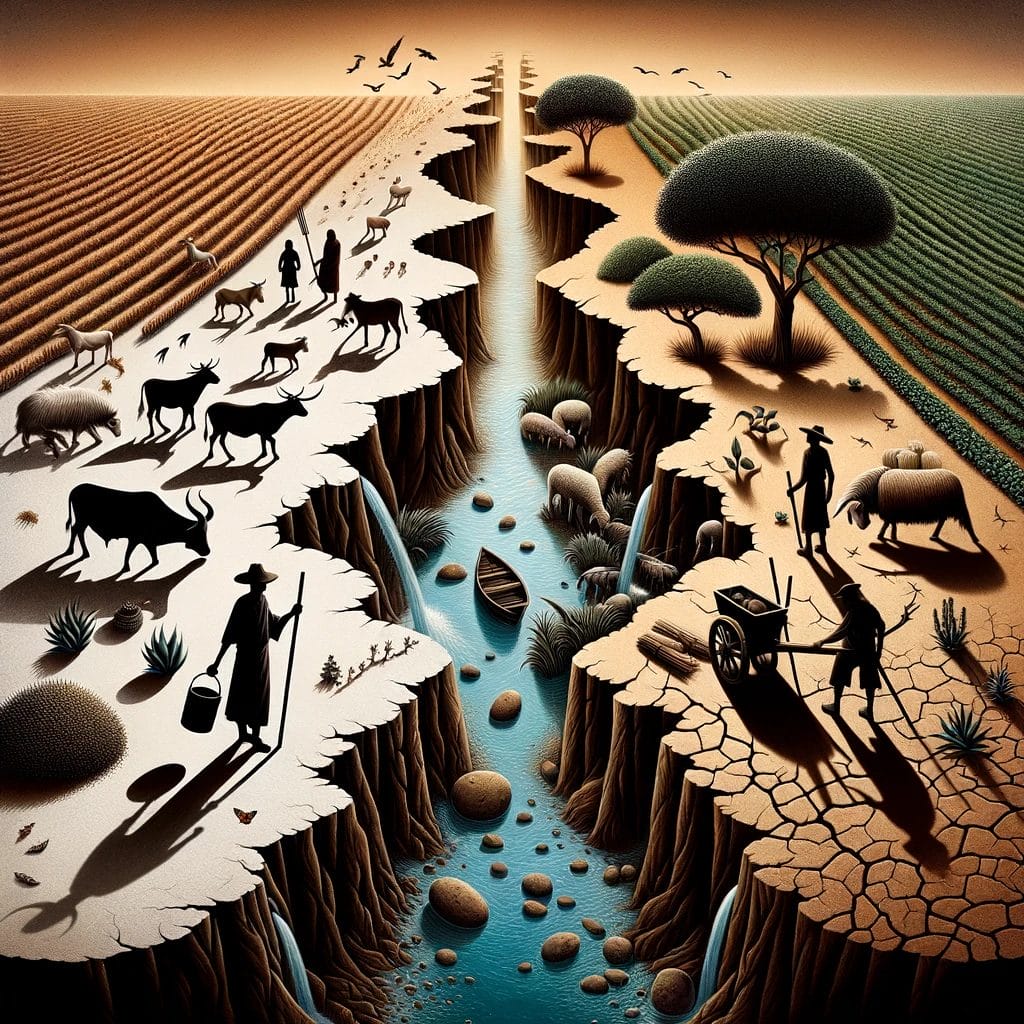
Conflicts between farmers and herders, and between different pastoralist groups, in the Sahel frequently revolve around issues of contested land use (grazing vs. crop cultivation) and access to water. At times these conflicts are triggered, or exacerbated, by drought-induced movements of pastoralists.

Resource-based conflicts are driven by competition for
valuable resources such as water, minerals, oil, or land. These disputes can lead to
economic and environmental challenges. Eg: Democratic Republic of Congo (DRC) ,Sierra Leone.
Environmental Conflicts: These conflicts focus on environmental issues and may involve disputes over conservation efforts, land use, pollution, or resource
extraction. Eg: Ogoniland Oil Pollution (Nigeria), Dakota Access Pipeline
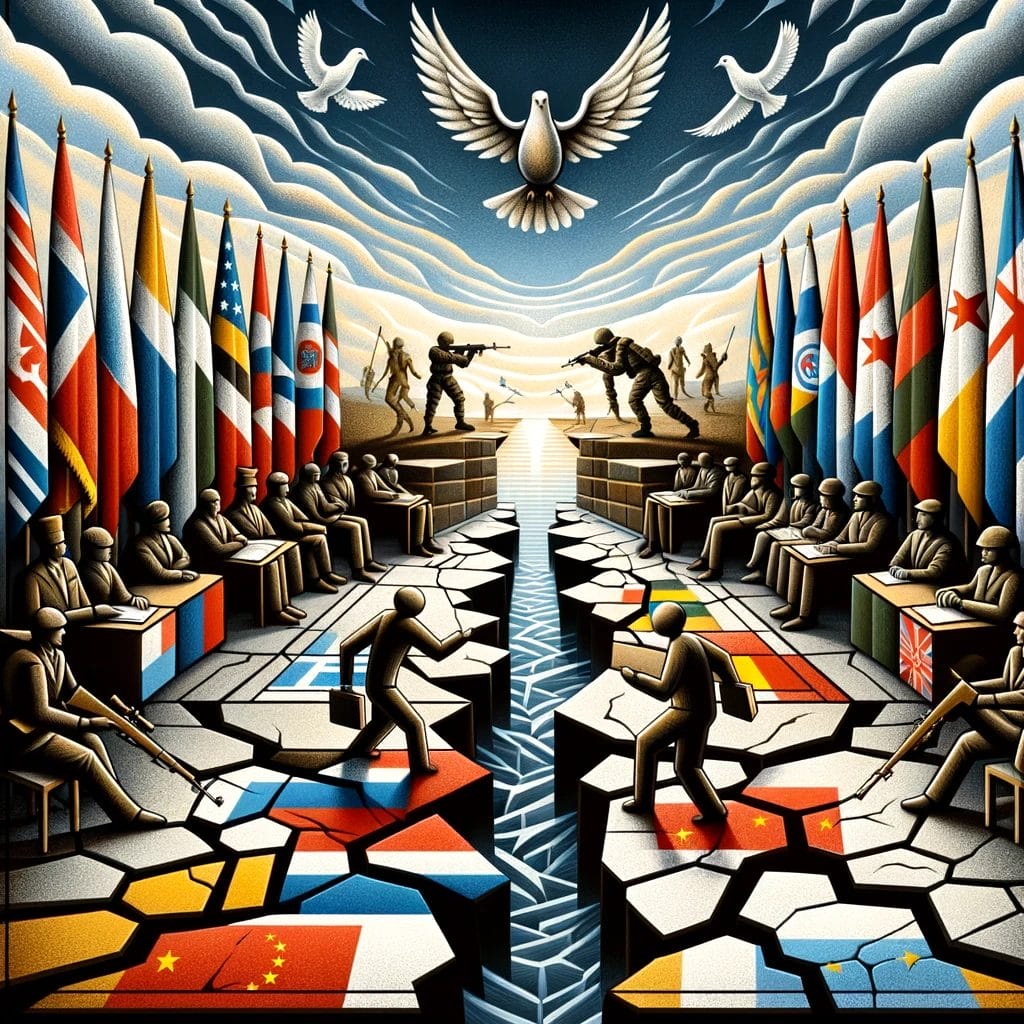
Interstate conflicts involve disputes between two or more sovereign states. These conflicts can range from diplomatic disputes to military confrontations. Eg: Armenia and Azerbaijan in 2020 over the Nagorno-Karabakh region , Russia v Ukraine
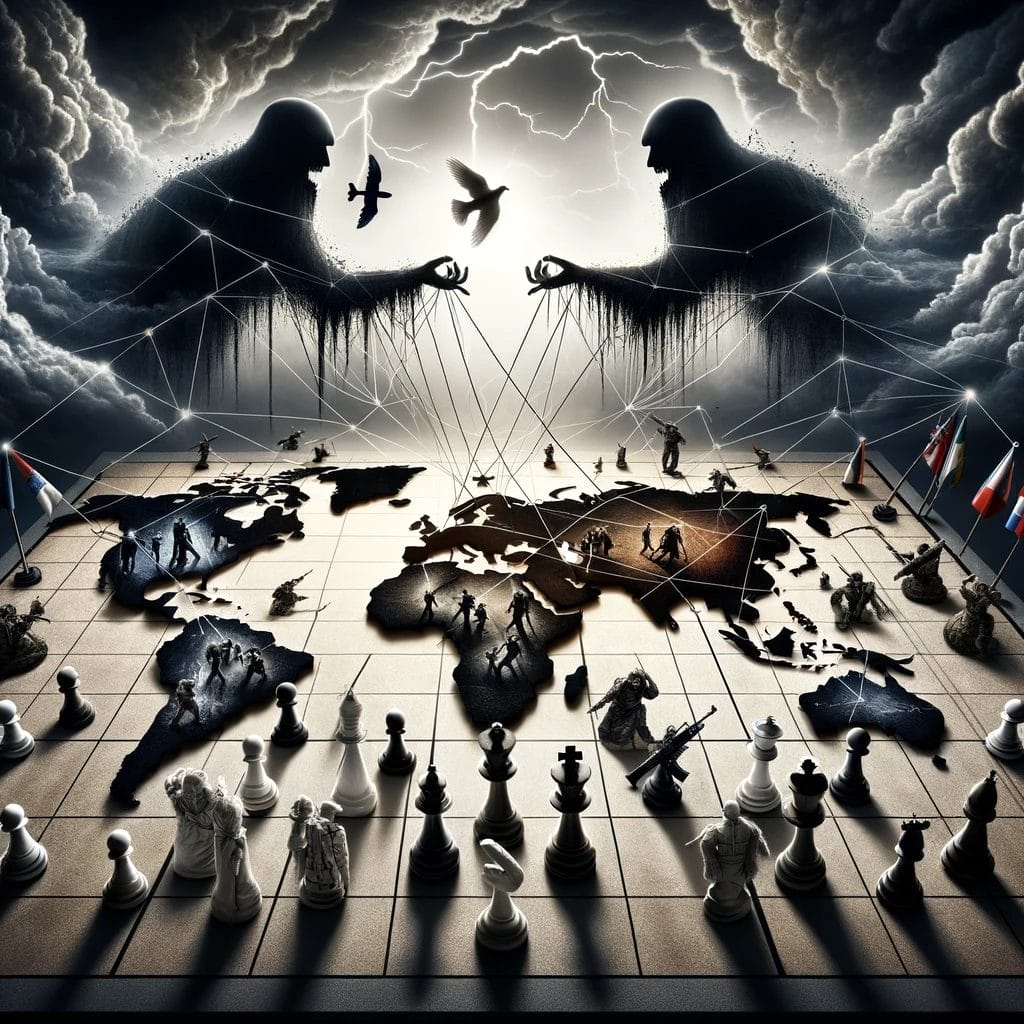
Proxy wars involve conflicts in which external powers support opposing factions within another country. These conflicts often have geopolitical dimensions and can be highly complex. Eg: Yemeni Civil War, Korean War, Vietnam War

Cultural conflicts arise from clashes between different cultural or social groups. These conflicts can be related to language, customs, or identity.

Human rights conflicts involve violations of fundamental human rights and can include issues such as genocide, ethnic cleansing, or mass displacement. Eg: Bosnian Genocide, Cambodian Genocide, Tiananmen Square
Labor Conflicts: These conflicts involve disputes between workers and employers over issues such as wages, working conditions, benefits, and labor rights. Labor strikes and negotiations are common features of labor conflicts. Eg: Marikana Massacre (2012 – South Africa), The Hong Kong Protests (2019 – Hong Kong)

Commercial conflicts occur in the business world and may include disputes over contracts, partnerships, intellectual property rights, or competition in the marketplace.

Cyber conflicts encompass disputes related to cyberspace, including cyberattacks, data breaches, online harassment, and debates over internet governance. Eg: Cyber Conflicts in the South China Sea (ongoing), Election Interference, WannaCry Ransomware (2017), SolarWinds Cyberattack (2020): Stuxnet (2010)


Peacemakers have demonstrated many times that wars can be stopped or prevented, but violence continues.
We can assist local leaders in their efforts to bring peace to their communities.
SUCCESSFUL EXAMPLES
Encouraging stories
the cost of conflict
With the limited resources available to the peacebuilding field, focusing our resources on activities that are cost-effective will go a long way to determining the results we achieve.
Milt Lauenstein
Copyright 2023 © Less War.org | Powered by High Effect Web Design, New Hampshire.